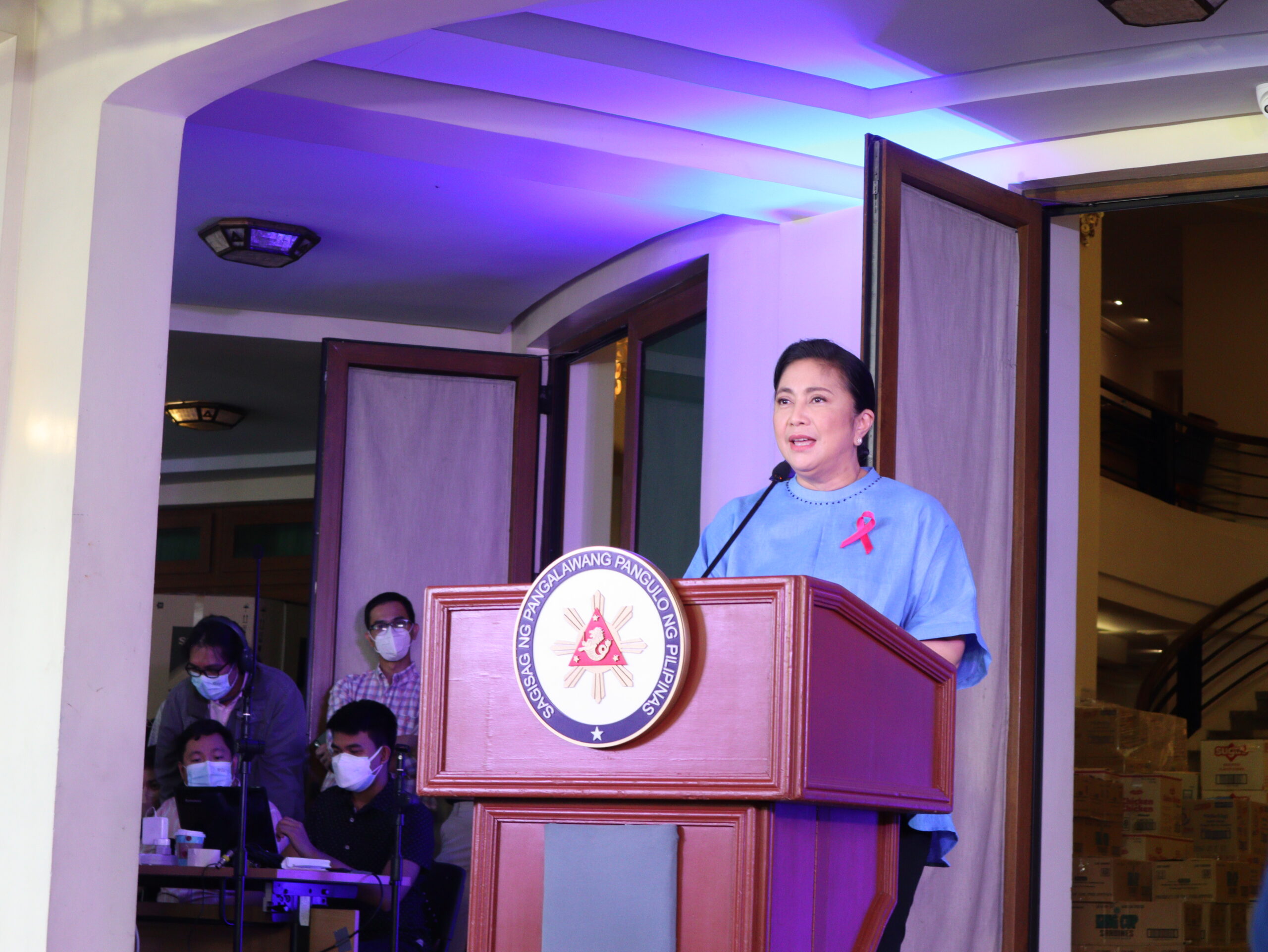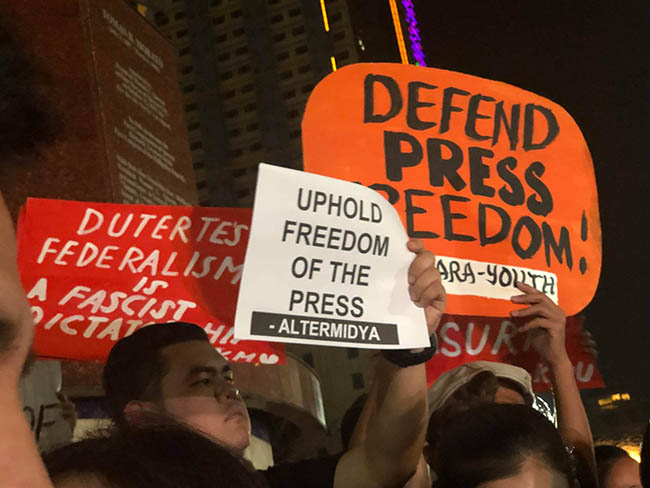Lessons Learned from the Impeachment Trial
by Rick B. Ramos
Lesson No.1. Senators will vote along party lines and/or in coalition with other parties and depending whether they are up for re-election soon or not. Hence, the senators cannot be expected to render impartial judgement on an Impeachment Trial. They will vote in the same or similar manner as they do when it comes to legislations. Hence, future constitutional reforms may address the subject of the Impeachment process. The shift to the Parliamentary system will remove the senators who are elected nation-wide.
As expected, the Senators belonging to the Liberal Party voted for Conviction. The other senators who represented the swing votes in the verdict of the Impeachment Trial of Chief Justice Corona voted in favour of the winning side: conviction. There were senators in the Enrile-Villar group who met on a Sunday two days before Judgement Day who could have voted for Acquittal, but did not do so because they are not sure that they can muster the five (5) more votes needed to add the three sure votes of Senators Joker Arroyo, Miriam Defensor-Santiago and Ferdinand Marcos, Jr.
Sen. Loren Legarda said that she has wanted to vote for acquittal, but she was alone in the group of seven senators who met that fateful Sunday of 27 May 2012. Senator Legarda could have voted for Acquittal if she wanted do and not worry about the 2013 Senatorial Elections because her second term will end next year. The same for her party-mate Sen. Manuel Villar, president of their Nacionalista Party.
However, the wife of Senator Villar will run for the Senate to replace him since, like Legarda, his second term will also end in 2013. Similarly for Senate President Juan Ponce Enrile (JPE), who will retire from politics next year, whose only son Jackie Enrile will run for the Senate to take his place. There are talks that JPE managed to obtain two concessions from President B.S. Aquino III: support for his son’s candidacy Senate next year and keeping his post as Senate President until 30 June 2013 to cap a “illustrious” political career at age 89. Early next year in 2013, the Filipino people will see on whether JPE sold his vote for a conviction or not when President Aquino makes the decision on the candidacy of the younger Enrile.
The two senators – Arroyo and Santiago – who voted for Acquittal will already end their second term in 2013. So while they are true to their convictions, it is also easier for them stand on their decision with No Elections next year to worry about. In the case of Sen. Bongbong Marcos, Jr. he is up for elections four years away in 2016. So it is also easier for him to make the “unpopular” vote of acquitting Chief Justice Corona with no elections to worry about in four years.
Lesson No. 2. An Impeachment Trial can Divide the Filipino People depending on the manner that the Impeachment was done at the House of Representatives and how the Prosecution will conduct their case. Likewise, the Verdict on the Impeachment Trial – Conviction or Acquittal – can Divide the Filipino people since there are two opposing views. Those who are in power are expected to use the vast resources of the national government to convict an Impeachable Public Official who belongs to the other side.
When there are two opposing views and camps, one side can be expected to be more vocal or rabid than the other. The other side can be more tolerant and will only articulate their position when asked, while the more vocal or rabid side can be intolerant of the other side and will try to impose on others their position or those they think they can influence. Those who are with the camp of the Prosecution can be sanctimonious in their decision and even invoking God to be on their righteous side.
To be Continued!
Ricardo B. Ramos is executive director of Citizens Infrastructure Integrity WatchDog (InfraWatch)


